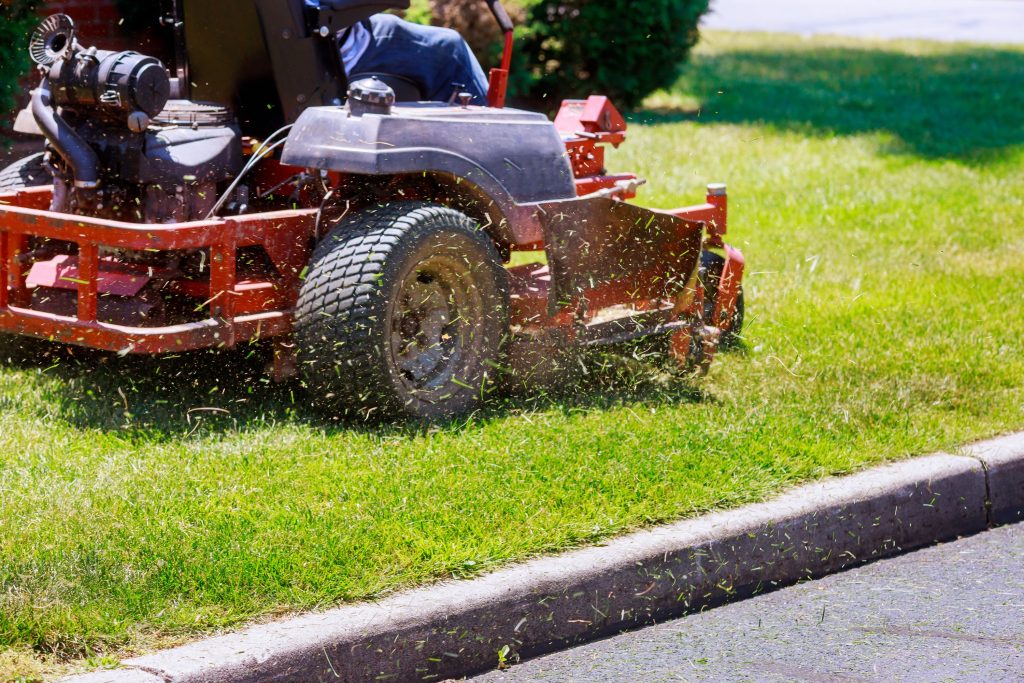We all know that listening to loud music is bad for our ears, but how do other everyday sounds affect our hearing?
Your hearing is at risk of damage by any sound above 85 decibels if exposed to it for prolonged periods (approximately 1 hour or longer). Yes – 85 decibels is very loud, but it’s not uncommon in daily life. Even your commute could be putting your hearing at risk. Some routes on the London Underground reach over 100 decibels.
How do loud sounds damage our hearing?
The cochlear is part of our inner ear, and damage to this part of the ear is what causes hearing loss. It’s made up of around 15,000 tiny ‘hair cells’ that detect vibration and convert it into electrical pulses the brain can understand. Once damaged, these hair cells never grow back.
This is why hearing protection is so important. The more we protect our ears, the better we protect ourselves from hearing loss in the future.
But how loud is too loud?
A morning commute reaching 100 decibels is definitely too loud, but you might be surprised at just how loud common sounds are:
- 30db – quiet library
- 50db – moderate rainfall
- 60db – normal conversation
- 70db – vacuum cleaner
- 80-85db – leaf blower
- 90db – lawnmower
- 120db – standing near a siren or alarm
- 140db – jet engine

How can we protect our hearing?
When mowing the lawn or using a leaf blower, the best thing to do is wear ear plugs. There’s a huge variety on the market, from foam to silicone and even custom-made ear plugs. Speak to your local branch of The Hearing Care Partnership to find the best option for you.
The ear protection techniques don’t end there. You can also protect your hearing by keeping the volume on your headphones or music player to 60% or below. You can also enable your smartphone’s built-in volume limiter, or consider noise-cancelling headphones, as the reduced background noise means you can keep the volume lower. But above all, make sure you have regular hearing checks to measure and monitor any changes to your hearing.
Book your hearing test today
If you have any concerns about your hearing and sound sensitivity, book a hearing test with us today. Call 0800 52 00 546, book your hearing test online or pop into your nearest THCP branch.
